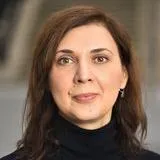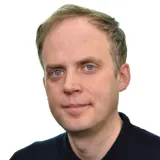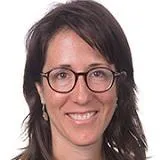The Centre for Technology, Ethics, Law and Society (TELOS) is a research centre based at The Dickson Poon School of Law. It seeks to engage in rigorous, policy-relevant research exploring the legal, ethical and social implications of new and emerging technologies.
TELOS was established in 2007 on the initiative of Professor Roger Brownsword, its founding Director. Professor Karen Yeung was the Director of TELOS from 2012 until 2018. As a leading legal scholar and bioethicist, she recognised the need for scholarly examination of the legal, ethical, social and regulatory issues arising from the emergence of new technologies, particularly rapid developments in information communication technologies, genomics, medicine, materials manufacturing, robotics, and neurotechnologies, as well as their wide-ranging applications to important policy domains including public security, trade and commerce, medicine, finance, retailing, education, transport, and the media and entertainment industry.
TELOS has been at the forefront of seeking to nurture the nascent but rapidly growing literature in ‘law and technology’, which has witnessed an explosion of interest in light of the breathtaking pace of technological innovation since TELOS was established. Although the range of scientific advances and technological innovations that have obtained public prominence in recent years varies widely, by drawing together intellectual insights from a range of disciplinary perspectives within a variety of social domains, an examination of the many novel, complex and increasingly urgent questions raised by law and regulatory governance at the technological frontier generates many common concerns, themes and challenges. Many of the themes are being explored through the research of individuals engaged with the TELOS mission are outlined in our research pages.

Our mission
TELOS' mission is to act as a hub for forward-looking, academically rigorous research that focuses on cutting-edge technologies. The Centre explores questions lying at the interface of law and technological developments that address important social problems arising at the local, national and transnational level and that are relevant, accessible and engaging for students and scholars of all levels, policy-makers and other stakeholders with a direct interest in legitimate technological development and the broader public.
In promoting this mission, TELOS seeks to:
- Establish a network of experts, organisations and individuals with particular expertise or interest in new and emerging technologies across a wide range of policy domains in order to promote the exchange of ideas.
- Promote, encourage and disseminate research concerning the interface between law, regulation and new and emerging technologies that are cross-cutting in nature. This research looks across a wide range of:
- Legal categories (including environmental law, human rights law, EU law, tort law, transnational law, health law, and public international law)
- Technologies (including ICT, digital surveillance technologies, robots, Big Data, predictive analytics, artificial intelligence, genetics, neurotechnology, and nanotechnology)
- Policy domains (including public safety, domestic and international security, climate governance, health and medicine, education, the administration of justice, commerce, and urban development).
- Provide a forum for debate and deliberation, policy development and a point of contact for media inquiries and public engagement initiatives concerning the legal, ethical and social implications of technological developments i in order actively to foster understanding and critical engagement between academics, students, policy-makers and the public that will contribute to evidence-based, legitimate and effective technology policy.
Projects

Oxford Handbook on the Law and Regulation of Technology
TELOS researchers are engaged in a ground-breaking and ambitious project which seeks to bring together the world’s leading scholars to evaluate current thinking and provide original argument about debates in law and regulation as they affect, and are affected by, the emergence of new technologies. The outcome of this project has been published online will is published as The Oxford Handbook on the Law, and Regulation of and Technology by Oxford University Press. Our hope is that this Handbook will not only become a touchstone text in thinking about law, technology and regulation, but will drive academic and policy reflection on the many rich and complex interactions between law, technology and regulation from the periphery of legal debate into centre stage. For more information on this project, please contact the editors: Dr Eloise Scotford, Professor Roger Brownsword, Professor Karen Yeung.
Activities

2017 - TELOS 10th Anniversary
Karen Yeung is an invited guest to Event - conference: TELOS 10th Anniversary and Launch of The Oxford Handbook of Law, Regulation & Technology, 30 June 2017 Featuring keynote speaker and Distinguished International Guest Professor Helen Nissenbaum, New York University, USA

2017 - Podcast: Karen Yeung on Editing the embryo: removing harmful gene mutations
The Guardian Science Weekly podcast, 10 August 2017
2017 - Public policy - video: Algorithmic Regulation: A Critical Interrogation
Professor Karen Yeung delivered this paper at the Raymond and Beverly Sackler US-UK Scientific Forum the Future of Machine Learning in Washington DC (31 January – 1 February 2017). This was a UK Royal Society collaborative event with the US National Academy of Sciences.
Events
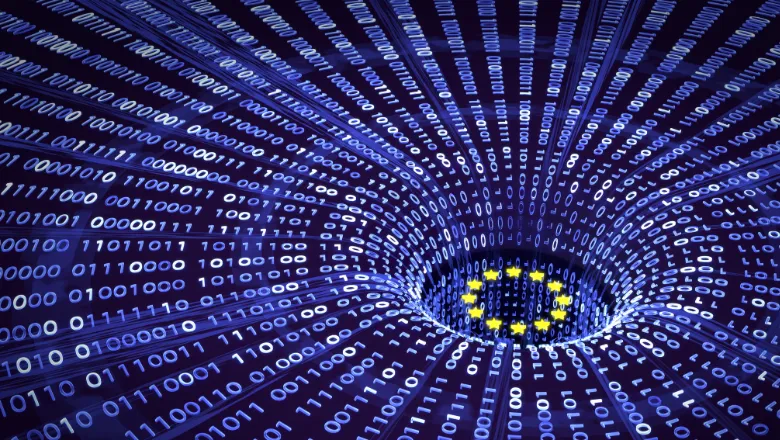
The regulation of platforms and other digital intermediaries in the EU
The lecture will provide an overview of the European Union regulation on online content moderation.
Please note: this event has passed.
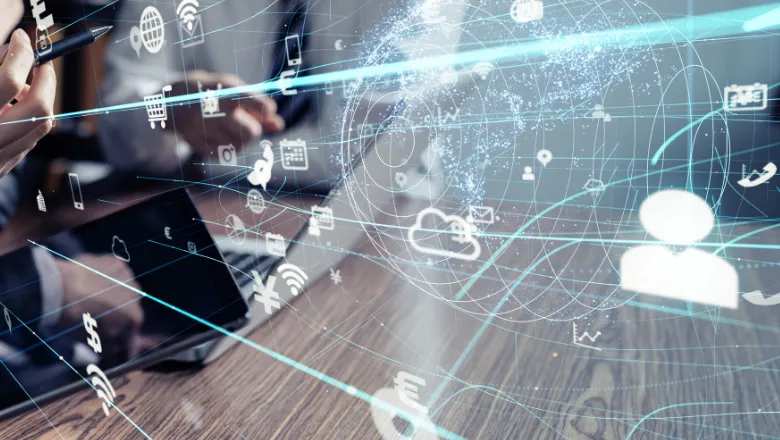
Private law and new technologies
The Technology, Ethics, Law and Society (TELOS), is delighted to invite you to attend the Private Law and New Technology Conference
Please note: this event has passed.
Themes

Health & Medical Technologies
Technological advances in the healthcare domain owing to advances in medicine, genomics, big data analytics and robotics are considered by many to be critical in finding effective diagnostic and therapeutic tools for curing conditions and for assisting in the provision of on-going care needs in ways that have hitherto proved elusive. At the same time, innovations in healthcare also offer the prospect of improvements in both clinical quality and efficiency, thereby potentially reduce burgeoning healthcare costs, concerns which have intensified in times of economic austerity.

Technological Governance
Technology development is often portrayed as a critical element in finding solutions to some of the most pressing and acute social challenges to human well-being, including food, energy production, security, medicine, climate change, industry and intellectual capital. But, as the history of science testifies, the contribution of technological progress to human well-being has not been unequivocally positive. Hence, some kind of regulation may be needed in order to improve the chances of stimulating technologies that contribute to human flourishing whilst minimising applications that are, for one reason or another, unacceptable.

Law & Ethics in a Data Driven Digital Society
Digital communications technologies have profoundly altered our daily lives: how we relate to each other, how we interact with our environment and even the way in which we understand and present ourselves to the outside world have been affected by these advances. Scholars of digital technology claim that the development of the internet is moving towards what is called ‘Web 3.0’ (sometimes referred to as the ‘Semantic web’, or the ‘Internet of Things’) in which smart objects are able to exchange data directly with each other, thus allowing for more powerful data integration, device interaction and ‘smart’ digital decision-making intended to operate seamlessly and with minimal effort (or even conscious awareness) from individual users.

Security, Surveillance & the Technologies of War
New technologies are often portrayed as ‘technologies of hope’ when applied to the medical realm, but the very same technologies are often found to have a ‘dual use’ in pursuit of less noble causes. It is in the military domain that there is often a greater willingness to embrace new technological applications, even when their effects and effectiveness have not been firmly established. In particular, as the 21st century unfolds, several potentially ‘game changing’ technologies are emerging, offering capabilities that were not previously available or even imaginable a generation ago.
Projects

Oxford Handbook on the Law and Regulation of Technology
TELOS researchers are engaged in a ground-breaking and ambitious project which seeks to bring together the world’s leading scholars to evaluate current thinking and provide original argument about debates in law and regulation as they affect, and are affected by, the emergence of new technologies. The outcome of this project has been published online will is published as The Oxford Handbook on the Law, and Regulation of and Technology by Oxford University Press. Our hope is that this Handbook will not only become a touchstone text in thinking about law, technology and regulation, but will drive academic and policy reflection on the many rich and complex interactions between law, technology and regulation from the periphery of legal debate into centre stage. For more information on this project, please contact the editors: Dr Eloise Scotford, Professor Roger Brownsword, Professor Karen Yeung.
Activities

2017 - TELOS 10th Anniversary
Karen Yeung is an invited guest to Event - conference: TELOS 10th Anniversary and Launch of The Oxford Handbook of Law, Regulation & Technology, 30 June 2017 Featuring keynote speaker and Distinguished International Guest Professor Helen Nissenbaum, New York University, USA

2017 - Podcast: Karen Yeung on Editing the embryo: removing harmful gene mutations
The Guardian Science Weekly podcast, 10 August 2017
2017 - Public policy - video: Algorithmic Regulation: A Critical Interrogation
Professor Karen Yeung delivered this paper at the Raymond and Beverly Sackler US-UK Scientific Forum the Future of Machine Learning in Washington DC (31 January – 1 February 2017). This was a UK Royal Society collaborative event with the US National Academy of Sciences.
Events

The regulation of platforms and other digital intermediaries in the EU
The lecture will provide an overview of the European Union regulation on online content moderation.
Please note: this event has passed.

Private law and new technologies
The Technology, Ethics, Law and Society (TELOS), is delighted to invite you to attend the Private Law and New Technology Conference
Please note: this event has passed.
Themes

Health & Medical Technologies
Technological advances in the healthcare domain owing to advances in medicine, genomics, big data analytics and robotics are considered by many to be critical in finding effective diagnostic and therapeutic tools for curing conditions and for assisting in the provision of on-going care needs in ways that have hitherto proved elusive. At the same time, innovations in healthcare also offer the prospect of improvements in both clinical quality and efficiency, thereby potentially reduce burgeoning healthcare costs, concerns which have intensified in times of economic austerity.

Technological Governance
Technology development is often portrayed as a critical element in finding solutions to some of the most pressing and acute social challenges to human well-being, including food, energy production, security, medicine, climate change, industry and intellectual capital. But, as the history of science testifies, the contribution of technological progress to human well-being has not been unequivocally positive. Hence, some kind of regulation may be needed in order to improve the chances of stimulating technologies that contribute to human flourishing whilst minimising applications that are, for one reason or another, unacceptable.

Law & Ethics in a Data Driven Digital Society
Digital communications technologies have profoundly altered our daily lives: how we relate to each other, how we interact with our environment and even the way in which we understand and present ourselves to the outside world have been affected by these advances. Scholars of digital technology claim that the development of the internet is moving towards what is called ‘Web 3.0’ (sometimes referred to as the ‘Semantic web’, or the ‘Internet of Things’) in which smart objects are able to exchange data directly with each other, thus allowing for more powerful data integration, device interaction and ‘smart’ digital decision-making intended to operate seamlessly and with minimal effort (or even conscious awareness) from individual users.

Security, Surveillance & the Technologies of War
New technologies are often portrayed as ‘technologies of hope’ when applied to the medical realm, but the very same technologies are often found to have a ‘dual use’ in pursuit of less noble causes. It is in the military domain that there is often a greater willingness to embrace new technological applications, even when their effects and effectiveness have not been firmly established. In particular, as the 21st century unfolds, several potentially ‘game changing’ technologies are emerging, offering capabilities that were not previously available or even imaginable a generation ago.
Our Partners
TELOS has visiting members from the following partner institutions.
University of Granada
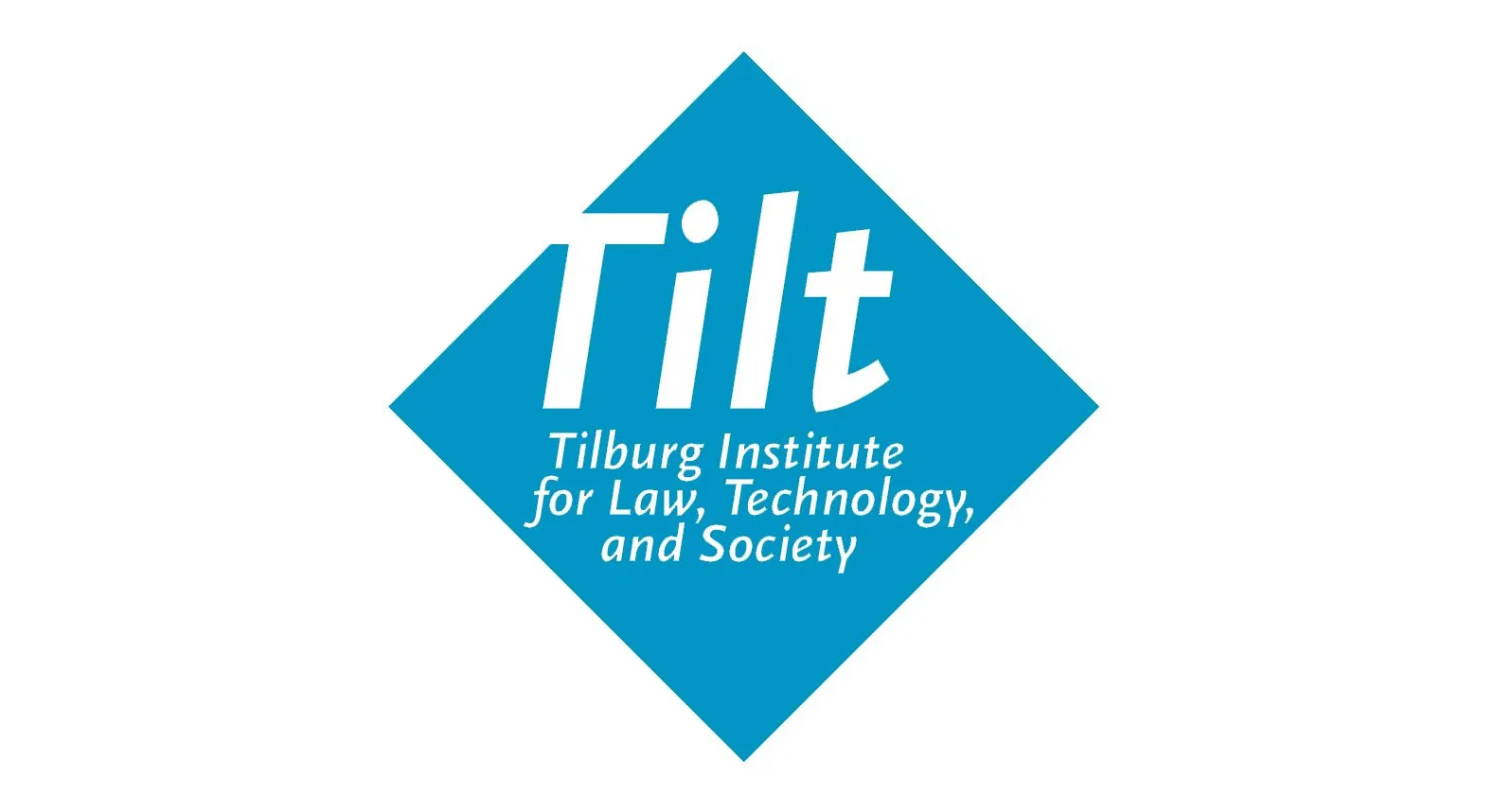
Tilburg Institute for Law, Technology, and Society
Contact us
TELOS is based at The Dickson Poon School of Law, King’s College London.
Media enquiries
TELOS welcomes enquiries from the media seeking expert comment on technological developments and their implications for law and society. Please see the individual members research profiles for more information about the range of expertise available.
For media enquiries, please contact lawcomms@kcl.ac.uk.


